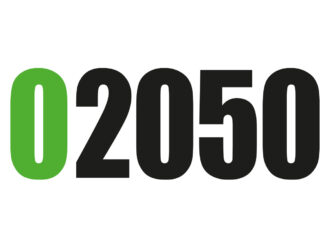But, adds Marks: “If senior spreads went from say, 40bps to over 300bps, then the market might start worrying whether it’s economically advantageous for these companies to call at the first call date. I still think for reputational reasons, most would still do so.”
Hybrids are obviously important financial tools for companies because they are used to raise capital that navigates the narrow straits between equity dilution and credit rating degradation. Their popularity is evidenced by the surge in issuance over the last 10 years: there are around €110bn of hybrids outstanding. When one puts that number in the context of Bank of America Merrill Lynch’s Euro Non-Financial High Yield Constrained index of €250bn in market capitalisation, or even the total market capitalisation of the Euro Non-Financial index of €1.16trn, one can see just how meaningful these securities are.
As a substitute for senior investment grade euro paper, which is currently yielding little, corporate hybrids can make a lot of sense. As ever, investors must do their research and be aware of the risks. Credit investors must take a careful and considered view on these securities, but credit managers continue to remain optimistic.
“These have had a very nice run since March, but with yields and spreads so low in euros, if investors want exposure to high quality names with a very strong structure we still think they are 100bps or so wide of fair value in terms of their yield,” says Marks. “We believe there is still significant tightening that could and should occur, everything else being equal.”



